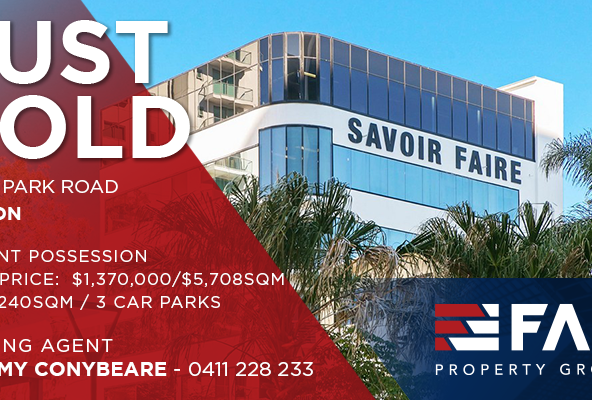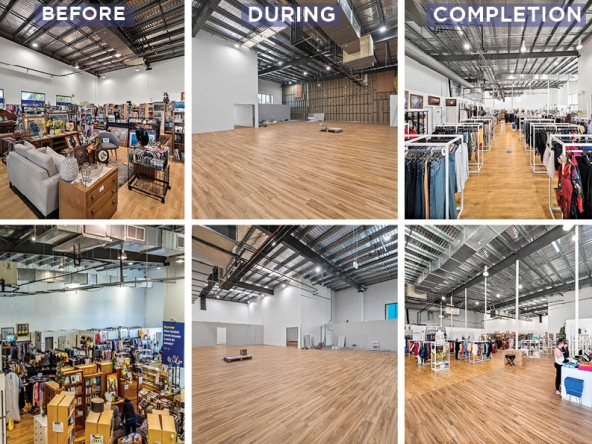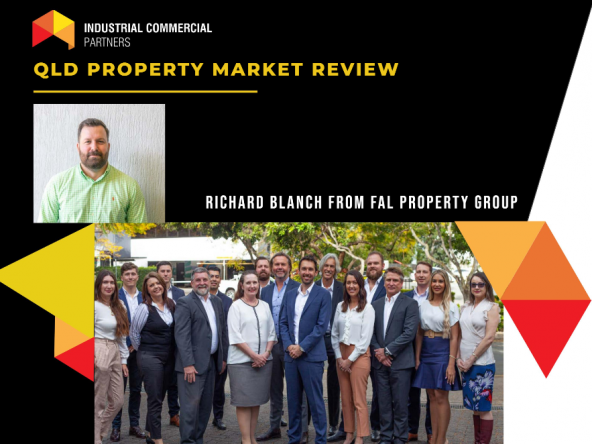
If you are going to negotiate a new lease in or for your investment property in Brisbane, it would be a wise move to consider in advance, some of the elements of the lease that you are looking to achieve. One very good way to handle that is by setting a ‘standard lease’ approach with your property lawyer.
If you have a large investment property with several tenancies, or several properties in a portfolio, the ‘standard lease’ approach allows you to ‘tune’ your investment to the direction you want the cash flow and the tenant mix to take. Every lease can then be negotiated as required with the ‘standard lease’ clauses and conditions already set. The process simplifies things for you and your agent as a new tenant is found for an existing or known vacancy.
So, lease rent reviews are part of the lease consideration process. They are an important part given that the lease income and rental over the duration of occupancy will be effected. Some landlords have a definite preference of one rent review method over the others; market conditions will also shape the situation somewhat. These are the types of rent escalation methods most common in Brisbane:
- Fixed % – this is the escalation of the initial rental of the lease to a fixed percentage each year (or each couple of years as may be nominated). As a percentage increase, it gives some surety to the landlord of where the rent is heading over the occupancy. Typical fixed percentage increases currently are 3% to 5% per annum. The question to think about here is will the fixed percentage chosen keep the paid rental in line with market indicators and locational rents. There is nothing wrong with changing the percentage in different years, but the lease sets the process in motion. Agreement is essential.
- Fixed amount – the method of setting a predetermined rent as a staged increase over the various lease years makes sense if you want a figure set to compare to your perceptions of property value. You can achieve the same result with the fixed % although a fixed amount is another way of expressing the increase.
- CPI – the CPI index is a very common method of increasing rent, although the index for Brisbane is currently quite low; on that basis, the low rental increase is likely to be more tenant favourable than that achieved for the landlord. Generally speaking, landlords like to avoid the CPI index as a base of rental increase unless there is an improved formula such as ‘CPI plus 2%’. It is a personal thing to consider prior to any lease negotiation.
- Market rent review – a market review is useful if you can see that rents in location the property and for the property type are likely to increase substantially over the lease duration. Most landlords would like to see a market rental increase every 3 to 5 years to keep their property aligned to market conditions. Be careful here though, in that there are rules in retail shop leasing that apply to a market rental, and the market rent can go ‘backwards’ in certain retail circumstances to align to true market. In a retail property, the market rental can go up or down to that of the rent paid prior to the review. If that is a worry to your cash flow and net income, then adopt one of the other methods of rental increase in your lease negotiations.
Can the tenant pay the rent? Is the rent in keeping with industry standards for the tenant type and the property type in the location? These questions are worth considering before you find a tenant for your vacant property or tenancy.
Get a good property solicitor to prepare your thoughts and your ‘standard lease’ for your vacancy; then find a good locally experienced agent or broker to market the vacancy and negotiate your lease for you.
FAL Property Group has one of the largest private property portfolios under management in South East Queensland. We provide the capabilities of a top tier organisation but without the red tape. If your assets deserve a management specialist, call FAL Property Group to discuss how we can tailor a management solution for your retail investment property.
Written by John Highman, Specialist Senior Commercial and Retail Property Agent Brisbane and Qld – Ph 0417 221 108.




